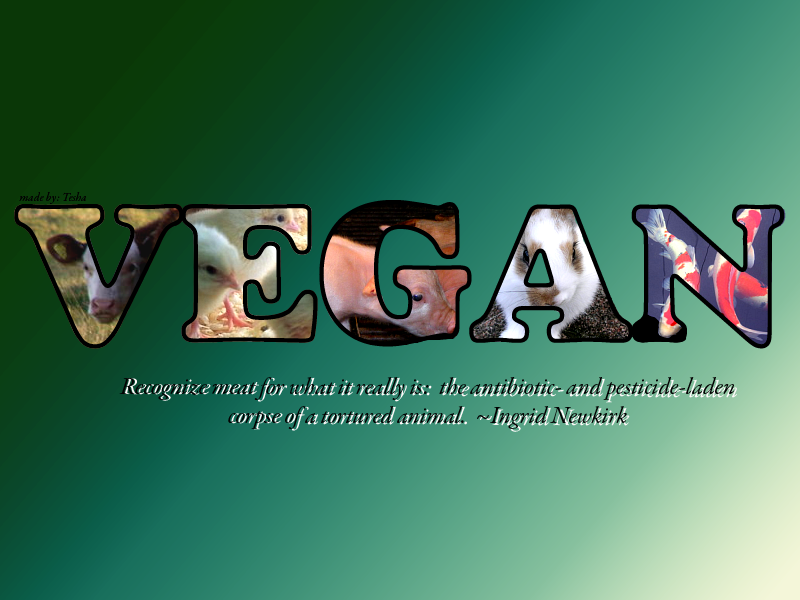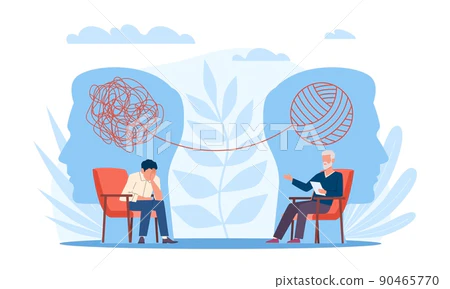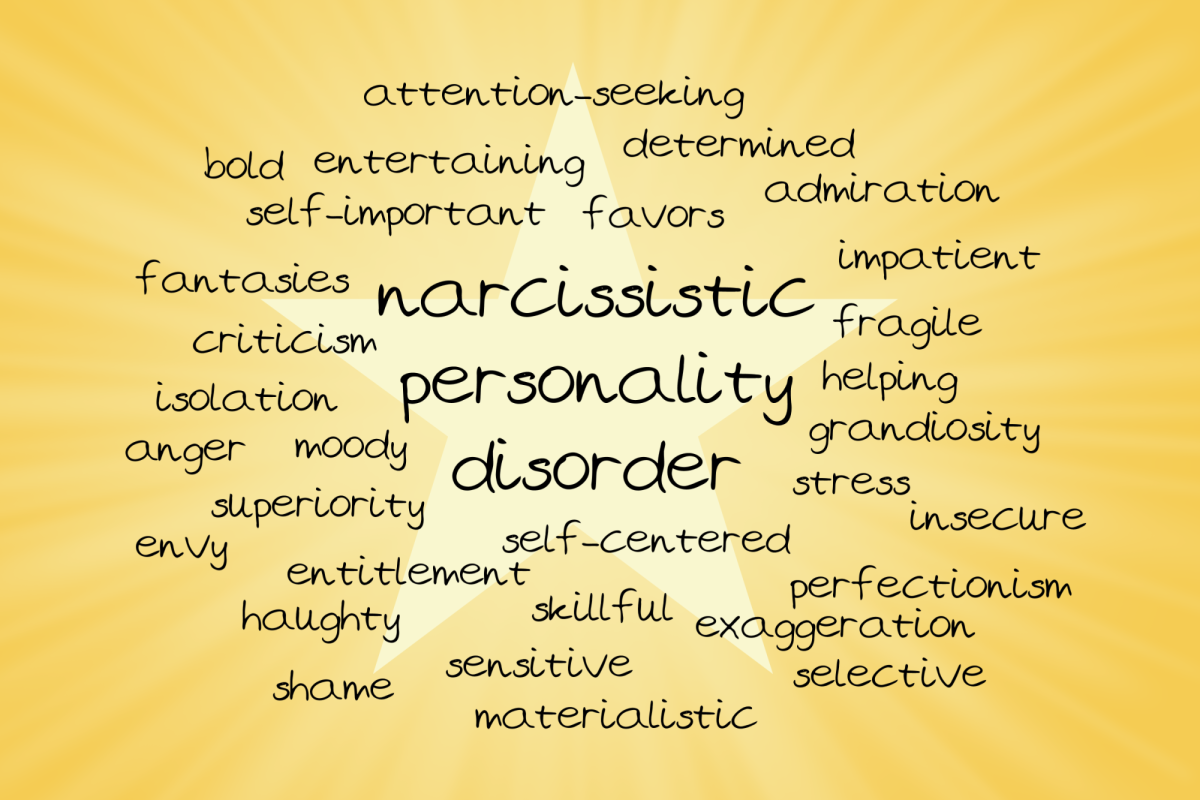Among all the varieties of diets, like the carnivore diet & keto diet, one of the most recognizable is the Vegan diet. The Vegan diet is when you don’t take in any products like meat, eggs, and milk from animals. This diet has existed for thousands of years, but the term “Veganism” was officially coined in 1944, and rates of veganism went up during the 2010s. People become vegans because they don’t want to eat animals that were killed. While some see this diet as something positive, others are against it. Some believe it makes you miss out on protein found in animal products and harms animals more than animal products do by eating more of their food. This leads to the question: How can veganism affect a person’s health and the environment positively and negatively?
Veganism benefits people with cancer, high cholesterol, high blood pressure, digestion problems, type 2 diabetes, and heart diseases, like cardiovascular disease, which can be life-threatening. The fibers and potassium in fruits and vegetables regulate the blood cells in your veins to avoid high blood pressure and help with diabetes by lowering A1C levels. The diet can also keep the colon clean so there will be a lower chance of colon cancer. It can fill you up more because it moves faster in your intestines, sending messages to your brain saying you’re full so you don’t get constipated. The fibers also help trap cholesterol so it can’t enter your bloodstream. Potassium can prevent the calcium in your body from building up, which causes vascular calcification, leading to cardiovascular cancer.
Even though Veganism can help or get rid of certain illnesses, it can also cause more. When you go vegan, you’ll have a big vitamin B12 and Iodine deficiency because the natural source of b12 and Iodine is in animal products. Many vegans need b12 injections or pills regularly, even though Iodine is in seaweed. Anemia can also be caused by b12 deficiency. The vegan diet is full of fruit, vegetables, and grains and is full of dietary fiber. Unlike regular fiber, this is bad because the dietary fiber doesn’t break down in your intestines and causes gastritis. Veganism helps lower cholesterol but if you don’t have enough cholesterol and shallow blood pressure, The blood cells will clump up so the bloodstream will stop flowing to the brain, causing a stroke. Even if this doesn’t happen, it can still lead to health issues like depression, anxiety, low blood sugar, and others.
Aside from a person’s health, Veganism contributes positively to the environment in a few ways. Plant-based crops typically involve a lower carbon footprint than animal agriculture, reducing greenhouse gas emissions. Additionally, plant farming generally requires fewer natural resources. It generates less water pollution because plants make their energy and the water from there continues nature’s healthy cycle, making it more sustainable for the environment. Veganism exists from the idea of not harming animals by going on a diet, so fewer animals get sent to the slaughterhouse, leading to a big decrease in animal cruelty. By choosing The vegan diet, individuals can help decrease the environmental impact of food production and promote a healthier planet and environment.
While veganism is very good for agriculture, It’s not great for animals, plants, or the human race. As plant resources rapidly decrease, The herbivore population will rapidly decrease. While adopting a vegan lifestyle may reduce animal cruelty by lowering demand for animal products, it does not necessarily benefit animals directly. Moreover, the negative aspects of veganism suggest that it can inadvertently increase mortality rates among some species due to imbalances in the ecosystem, which will send the environment into a mess. Climate change and environmental factors could cause many crops to perish, leading to a rise in food prices. This decrease in supply, paired with high demand, may contribute to inflation, ultimately affecting consumers, especially those with lower incomes. Addressing these challenges will require innovative agricultural practices to ensure food security.
The vegan diet can have both benefits and drawbacks. On one hand, it may help manage certain diseases and can be advantageous for agricultural practices. On the other hand, it can lead to nutritional deficiencies that may result in health issues and a decline in animal and plant populations. Ultimately, choosing to adopt a vegan diet is a personal decision.









